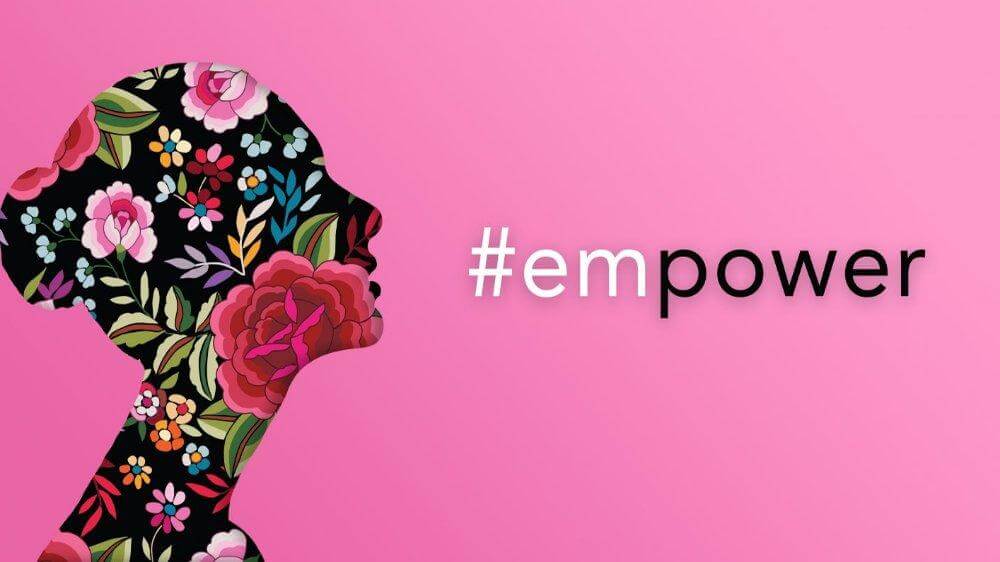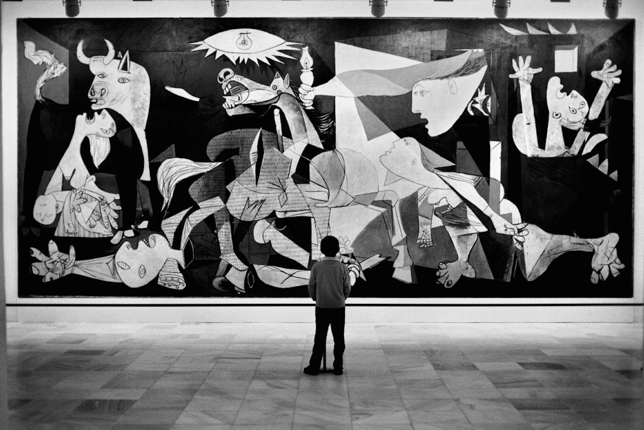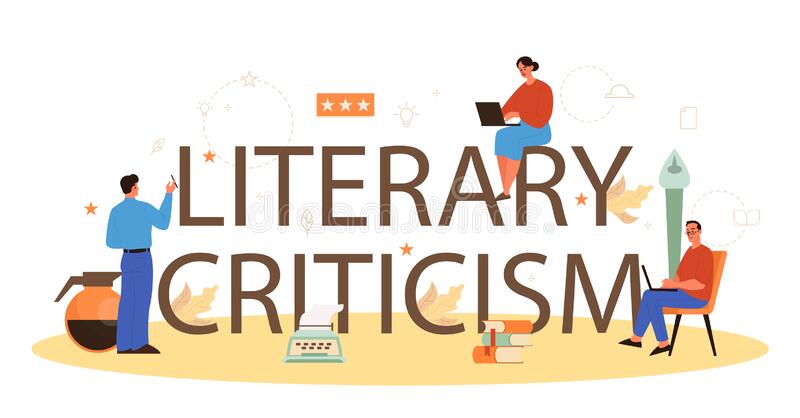Course categories
Skip available courses
Available courses
- Teacher: Suhaile Azavedo
- Teacher: snober sataravala
The title Living Literature has a delightful alliteration that gives it a lilting sound. Literature is alive in the sense not only does it have a life of its own allowing it to live and die at different points in time it is also alive to the world, its nuances and problems.
The course captures this ethos. However, it also demands that one must live or experience literature by opening the doors of the text, entering it, inhabiting it and empathizing with it. In the process the text will open the door to you heart and life. Enter your being and change you and your perceptions.
The course is also alive to the current demands and skills required in the present age. In a world of social distancing, digital writing and speaking becomes an essential way of communication and hence a skill to be mastered.
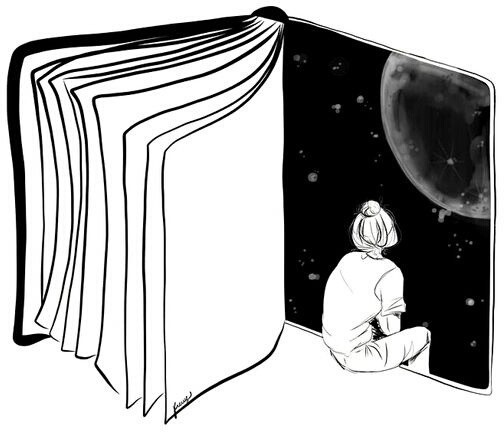
- Teacher: snober sataravala
- Teacher: Suhaile Azavedo
- Teacher: Suhaile Azavedo
- Teacher: snober sataravala
- Teacher: Komal Tujare
Myth and mythology explores the substructure that unites literature across borders of time and space make us the same and yet different. After an introduction to myth the course examines different genres of literature that draw on different myths.
- Teacher: snober sataravala
- Teacher: snober sataravala
- Teacher: snober sataravala
- Teacher: Komal Tujare
The course explores the Freudian binaries of Eros and Thanatos, Death and Desire, Love and Hate and the overriding will to power whether it be through the artist devoting everything to art, a citizen to their nation, two lovers or an archetypal postcolonial gender conflict. The course is wrought with intense electric passion and is a roller coaster ride of highs and lows giving an insight into much that drives human life.
- Teacher: snober sataravala
- Teacher: Suhaile Azavedo
This course aims to introduce
students to major theorists and to expose them
to various trends and movements in art. It will attempt to equip them with appropriate technical terms
to aid their analysis and evaluation of art allow a more intimate understanding of the
terms by associating them with practical examples. The course will also try to foster independent, creative as well as
systematic critical thinking in order to have a more rich and in depth
appreciation of art
- Teacher: Komal Tujare
 The course, especially designed for
English special students of the Third year, is entitled ‘An Introduction to the
Study of the English Language’. Through regular lectures conducted over the
span of roughly 8 months, the course aims to familiarize students with
different aspects of communication and the distinctive nature of human language
as a means of communication. In Semester VI, Students are not just introduced to basic concepts
in Modern Linguistics (like Phonological, Morphological and Syntactic systems
of the English language), but are also introduced to advanced areas of English
language study. It will attempt to greatly enhance the existing grammatical
competence of students along with gaining information regarding the
situational, contextual, social and cultural appropriateness of English. These
broad areas help provide a solid foundation in the subject. Besides these,
the course shifts its traditional approach and acquires modern dimensions by equipping
learners with skills in academic writing and editing. Consequently, it helps prepare,
through a healthy mixture of the traditional and the modern, a well-rounded student of
the English language and Linguistics.
The course, especially designed for
English special students of the Third year, is entitled ‘An Introduction to the
Study of the English Language’. Through regular lectures conducted over the
span of roughly 8 months, the course aims to familiarize students with
different aspects of communication and the distinctive nature of human language
as a means of communication. In Semester VI, Students are not just introduced to basic concepts
in Modern Linguistics (like Phonological, Morphological and Syntactic systems
of the English language), but are also introduced to advanced areas of English
language study. It will attempt to greatly enhance the existing grammatical
competence of students along with gaining information regarding the
situational, contextual, social and cultural appropriateness of English. These
broad areas help provide a solid foundation in the subject. Besides these,
the course shifts its traditional approach and acquires modern dimensions by equipping
learners with skills in academic writing and editing. Consequently, it helps prepare,
through a healthy mixture of the traditional and the modern, a well-rounded student of
the English language and Linguistics.
https://media.giphy.com/media/kS9jk6PgTfXyw/giphy.gif
- Teacher: Suhaile Azavedo
The course introduces the students to some of the prominent ideas of modernity, modernism and the post-modern. Foucault states that the attitude of modernity is radical transgression, constant questioning and breaking away from earlier assumptions. The texts included are a philosophical essay, a poem representative of the beat generation, an expressive psychological drama and a science fiction novel thus encompassing a variety of genres.
The themes and styles are radical as was the ethos of that time
- Teacher: snober sataravala
- Teacher: sangeeta deshmukh
- Teacher: snober sataravala
- Teacher: Suhaile Azavedo
- Teacher: snober sataravala
This course provides an introduction to foundational concepts and topics within contemporary psychology. It focuses on historical traditions, perspectives and scientific methods in the discipline. Additionally, concepts pertaining to personality and human abilities like intelligence, problem solving and creative thinking are covered. This course provides a strong foundation to future learning in psychology.
- Teacher: jaya rajagopalan
- Teacher: Hasina Shaikh
- Teacher: Rajni Singh
- Teacher: Veena Kenchi
- Teacher: Hasina Shaikh
- Teacher: Komal Tujare
- Teacher: sangeeta deshmukh
- Teacher: shweta deshmukh
Course Outcomes-
At the end of the course, the student will be equipped
· Apply psychological insights and principles of adjustment to their own lives.
· Understand the concept of self and the factors shaping it
· Understand and apply the concepts of self-esteem, self efficacy and self presentation
· Explain motivation, types of motivation ,how it is influenced, and major theories about motivation
· Describe hunger and eating in relation to motivation, obesity, anorexia, and bulimia
· Describe social motives
· Explain elements of emotion and how we express ,recognize and manage emotions
· Understand the process of interpersonal communication
· Apply the principles of effective communication and overcome barriers to communication
· Describe stress , types of stressors and coping mechanisms to deal with stress
- Teacher: jaya rajagopalan
- Teacher: ARWAH MADAN
- Teacher: Hasina Shaikh
- Teacher: Hasina Shaikh
- Teacher: Rajni Singh
- Teacher: Veena Kenchi
- Teacher: meenal sumant
- Teacher: meenal sumant
- Teacher: Amruta Narke
- Teacher: Jayshree Bhakare
- Teacher: soniya chavan
- Teacher: sangeeta deshmukh
- Teacher: shalini iyer
- Teacher: Vaishali Diwakar
This paper covers the important elements of Microeconomics covering areas of Demand, Supply Consumer Behaviour, Production and Cost
- Teacher: Manisha Pimpalkhare
- Teacher: sharmin palsetia
- Teacher: shital jadhav
- Teacher: shalini iyer
- Teacher: vaishali joshi
- Teacher: Alka Kalhapure
- Teacher: Veena Kenchi
- Teacher: shital jadhav
- Teacher: shital jadhav
- Teacher: sangeeta deshmukh

- Teacher: Hiteshi Jain
- Teacher: Elizabeth Varkey
At the end of the course, the learner will have the ability to:
● recognise and restate the fundamental connections and differences at the level of the collective unconscious that binds and divides peoples
● examine the translation of text and culture
● express awareness of contemporary treatment of ancient genres and conflicts whilst understanding and problematizing the concept of high and low art
● express deep and heightened sensitivity to the human experience
● compare and contrast the genre specifications of epic literature
● analyze and evaluate the trajectory of mythical literature and its evolution whilst exploring Indian, Greek and Christian worldviews
- assess the contexts in which these mythical texts have been written (e.g., cultural, historical, social, political, economic) keeping in mind various genders
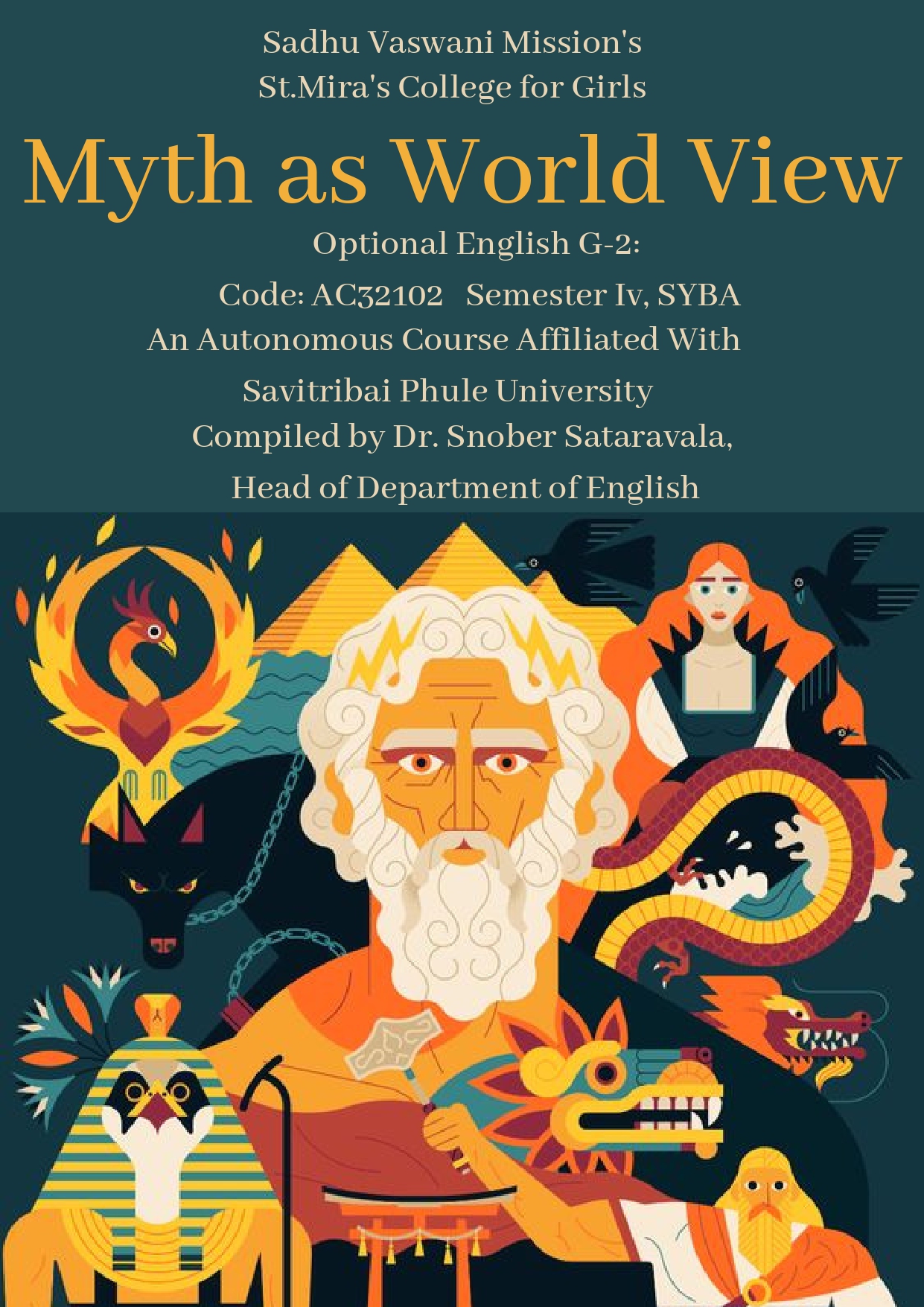
- Teacher: snober sataravala
At the end of the course, the learner will have the ability to:
● identify various forms of poetry, different genres and styles of writing thematically
● recall the influence of tradition and how poetry has evolved and changed over time
● contrast the treatment of the same theme over different literary periods and movements
● apply various critical theories to the understanding of poetry
● analyse the various figures of speech and rhetorical devices in poems
● critically and sensitively evaluate political and social issues dealt with in poems
develop an ability/skill of thinking critically and appreciating poems independently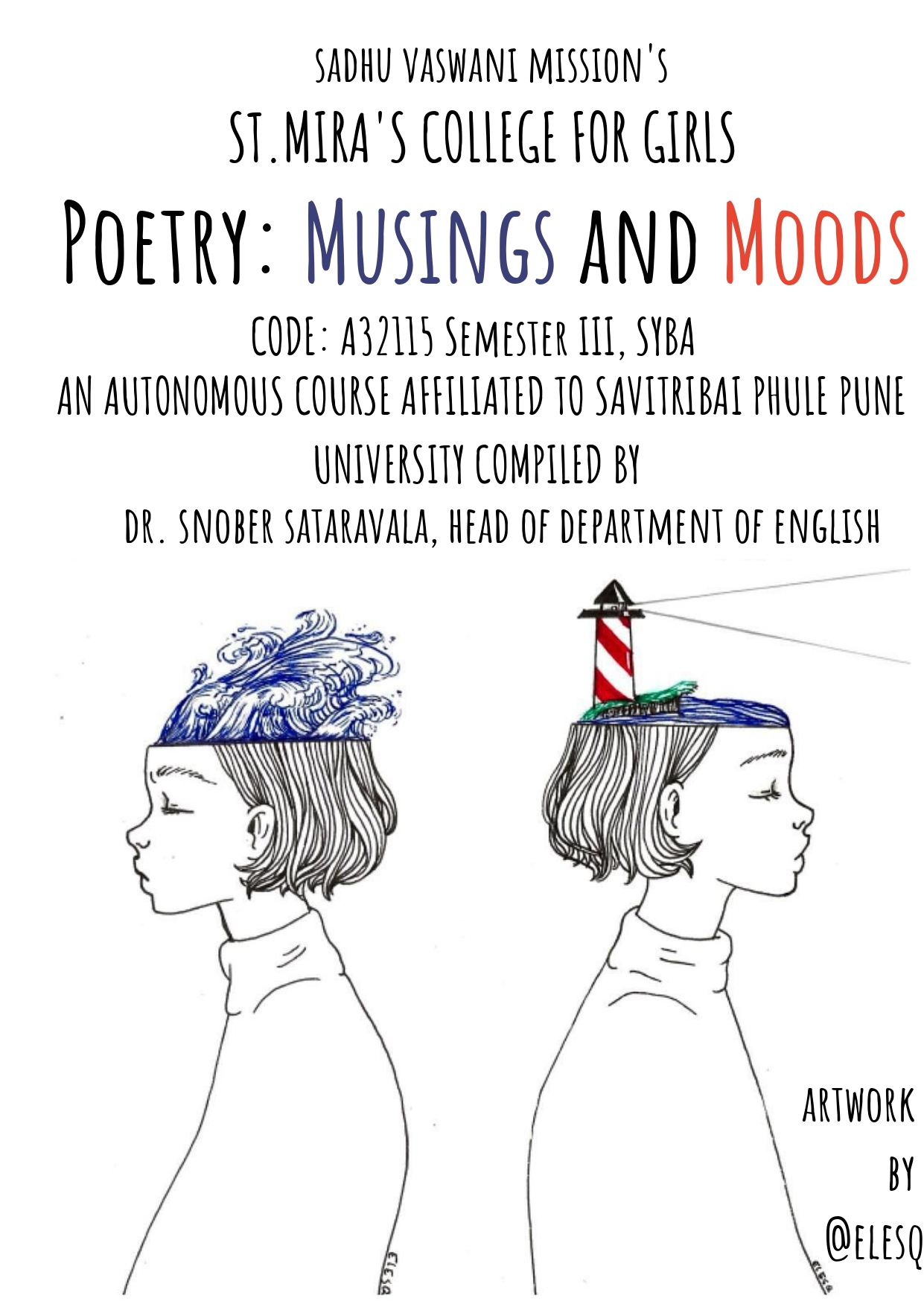
- Teacher: snober sataravala
- Teacher: Komal Tujare
- Teacher: meenal sumant
- Teacher: meenal sumant
- Teacher: Amruta Narke
- Teacher: Jayshree Bhakare
- Teacher: Manjita Kulkarni
- Teacher: vaishali joshi
- Teacher: Vaishali Diwakar
- Teacher: sharmin palsetia
This course covers Market Structures like Perfect Competition, Monopoly etc and also theories of Distribution...
- Teacher: Manisha Pimpalkhare
- Teacher: meenal sumant
- Teacher: shital jadhav
- Teacher: vaishali joshi
- Teacher: Alka Kalhapure
- Teacher: Manjita Kulkarni
- Teacher: vaishali joshi
- Teacher: Alka Kalhapure
- Teacher: Veena Kenchi
- Teacher: Komal Tujare
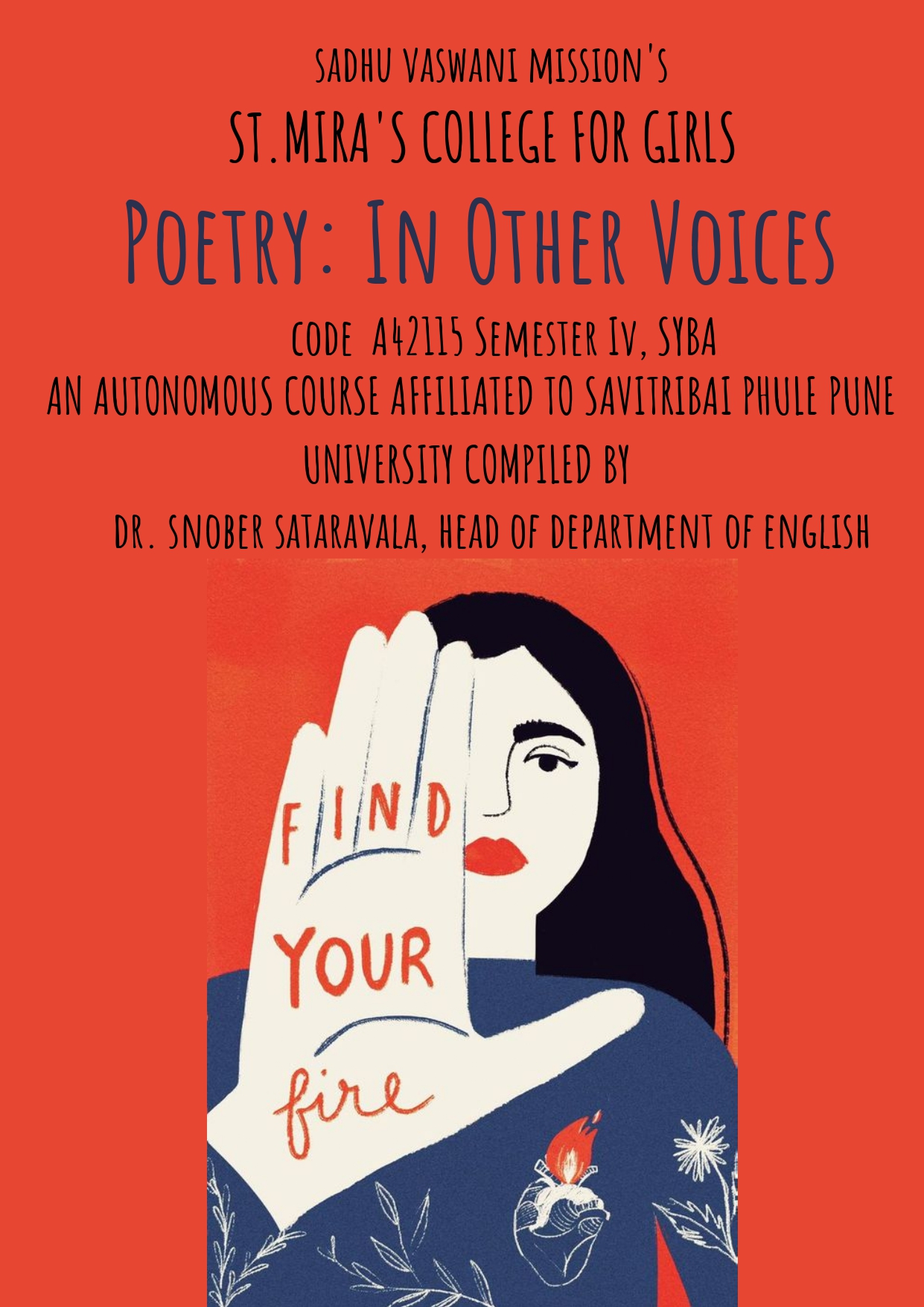
- Teacher: St Mira's College for Girls Sadhu Vaswani Mission
- Teacher: snober sataravala
- Teacher: Vaishali Diwakar
- Teacher: sangeeta deshmukh
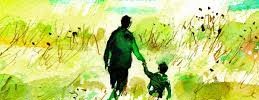
- Teacher: Ayesha Shaikh
- Teacher: Elizabeth Varkey
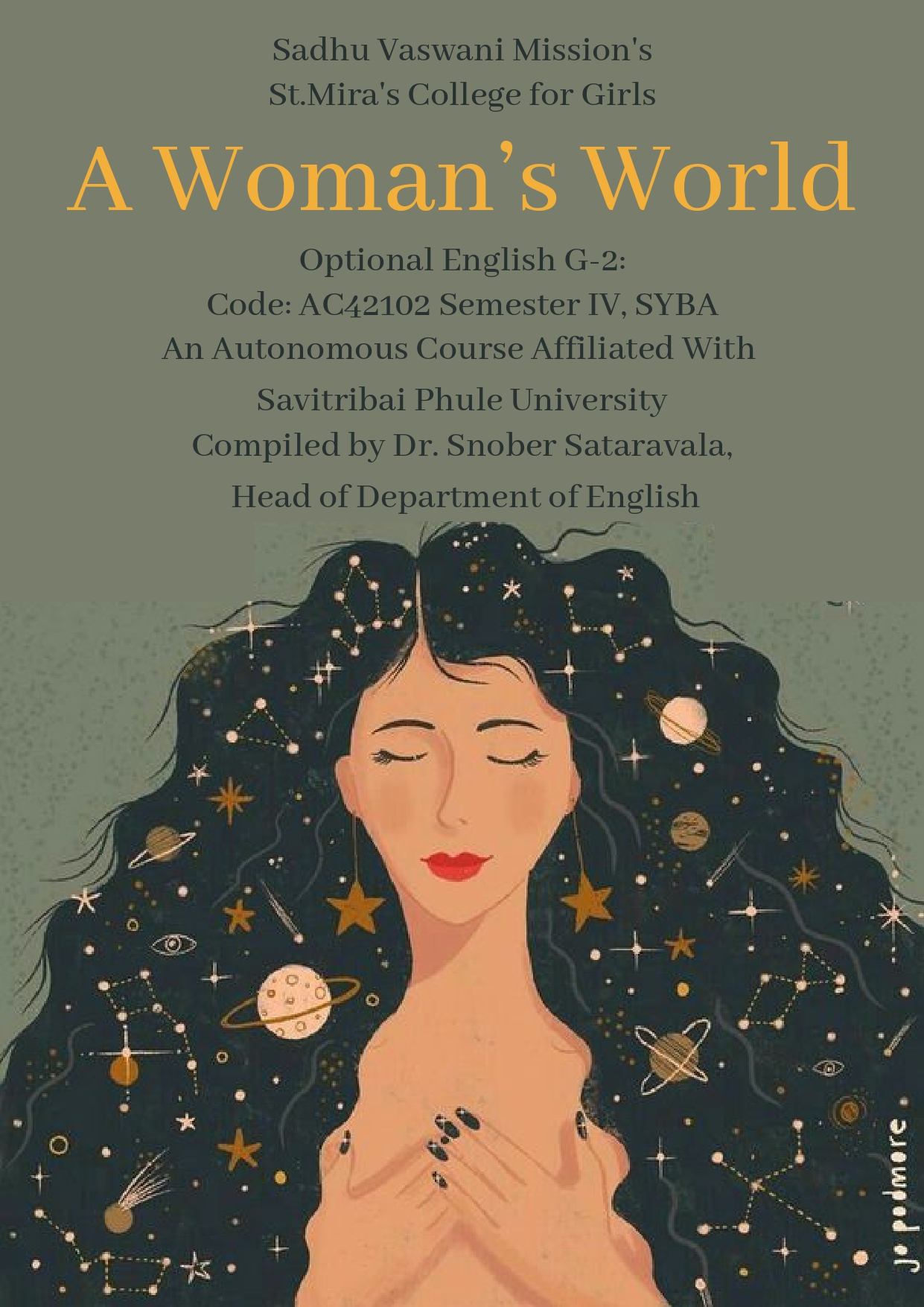
- Teacher: St Mira's College for Girls Sadhu Vaswani Mission
- Teacher: snober sataravala
- Teacher: Ayesha Shaikh
- Teacher: Hasina Shaikh
- Teacher: sharmin palsetia
- Teacher: Manjita Kulkarni
- Teacher: Suhaile Azavedo
- Teacher: Elizabeth Varkey
- Teacher: soniya chavan
- Teacher: sangeeta deshmukh
- Teacher: shalini iyer
- Teacher: Pooja Jain
- Teacher: ARWAH MADAN
- Teacher: sharmin palsetia
- Teacher: sharmin palsetia
- Teacher: shital jadhav
- Teacher: shalini iyer
- Teacher: Manisha Pimpalkhare
- Teacher: Hasina Shaikh
- Teacher: Vaishali Diwakar
- Teacher: Hasina Shaikh
- Teacher: Manisha Pimpalkhare
- Teacher: Suhaile Azavedo
- Teacher: Suhaile Azavedo
- Teacher: Hiteshi Jain
- Teacher: Manisha Pimpalkhare
- Teacher: meenal sumant
- Teacher: Amruta Narke
- Teacher: vaishali joshi
- Teacher: Suhaile Azavedo

- Teacher: Elizabeth Varkey

